“Bern is ideally suited for precision medicine”
Mark Rubin, Director of the newly founded Bern Center for Precision Medicine (BCPM), will present the BCPM on Wednesday 25 September 2019 on the occasion of the Collegium generale lecture series. Genome editing, this year‘s subject of the lecture series, is crucial for the research done at the BCPM.
The Bern Center for Precision Medicine is an initiative founded by the Canton, the University, and the University Hospital of Bern. The BCPM aims to develop new medications and methods, increase the quality of treatment for patients and enhance the healthcare system with more efficient therapies. In addition, it should strengthen the national and international position of the University of Bern and the Inselspital in the area of precision medicine.
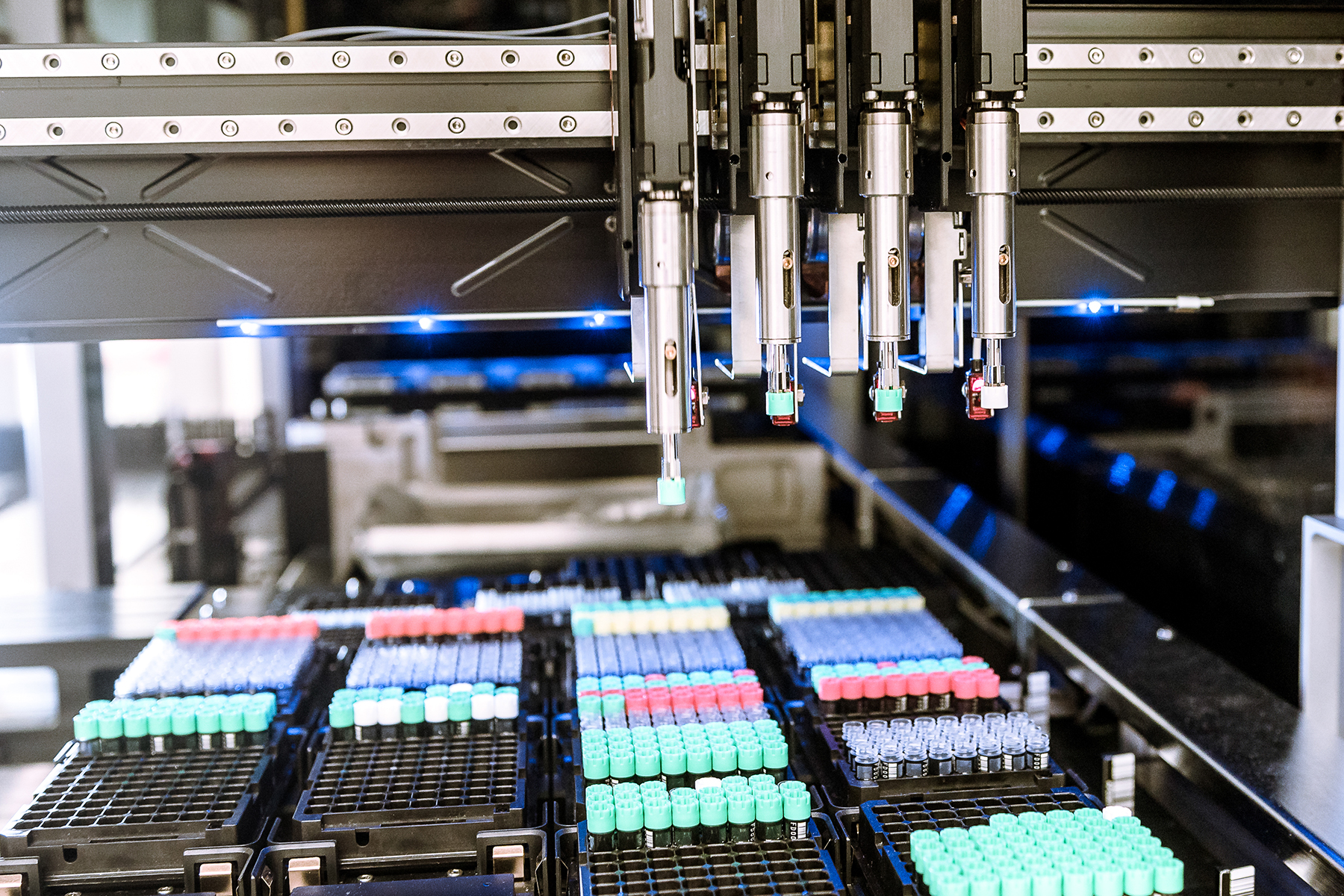
Seven research projects already running
100 days have passed since the inauguration in May 2019. What has been going on at the BCPM since then? “The short answer is: Many things at once”, says Mark Rubin, the director. “The seven projects from the first round have already started, covering a broad range of health issues such as liver disease, human gastrointestinal microbiota, skin disease, and cancer. Also, strategic decisions have been taken together with the BCPM members, our Website has been expanded, and first ideas about future training programs have been elaborated.”
A hub for precision medicine in Bern
The BCPM aims to become both a platform and a hub, fostering the use of precision medicine in Bern. For this reason, the various stakeholders and platforms (such as the research groups, the Biobank, the Clinical Genomics Lab) are being integrated within tangible research projects and attractive training programs. “We want the use of precision medicine tools and methods to become a reality”, Rubin explains. “New therapy models are to be developed, and both the patients and the local economy should be able to profit”.
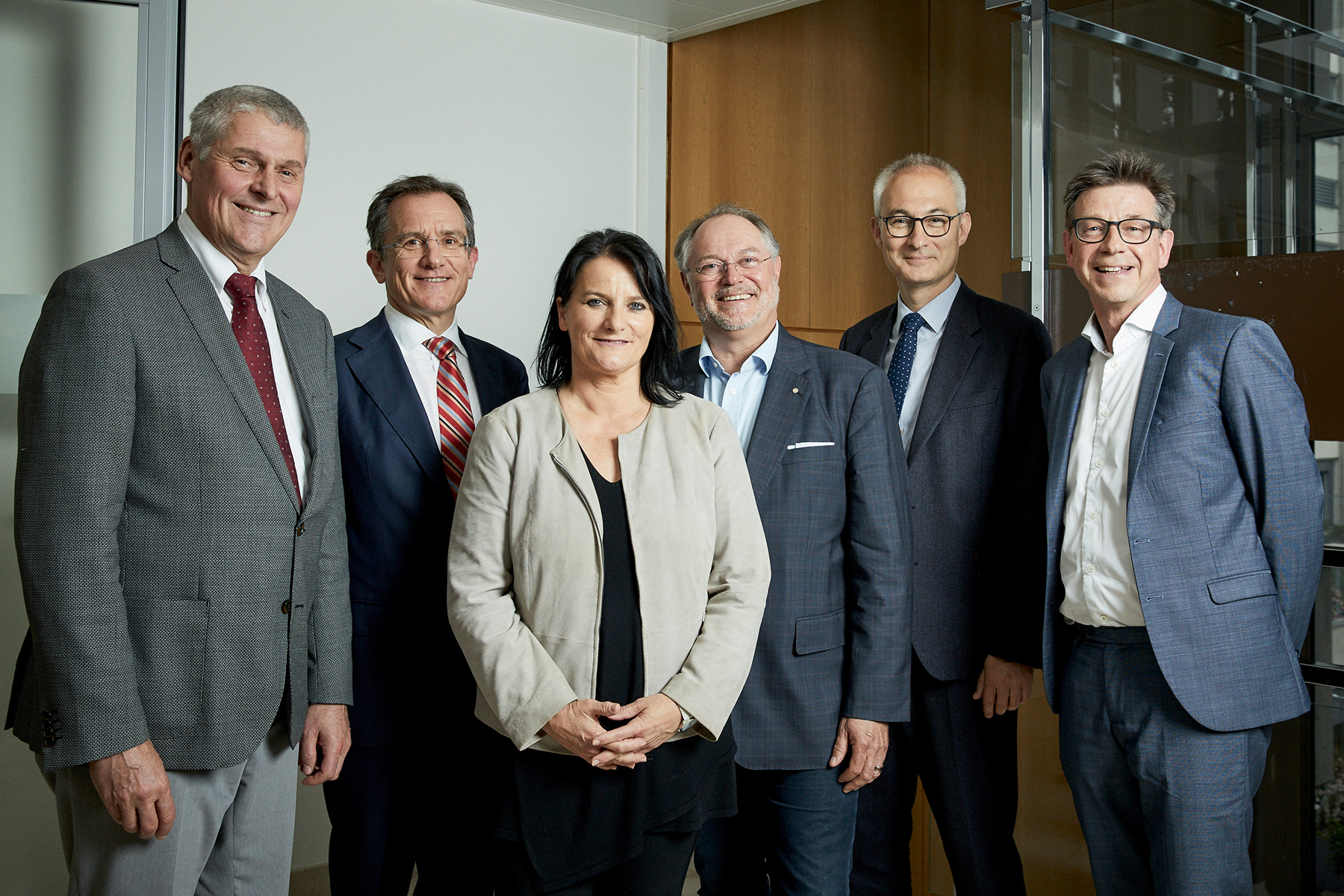
Bern as an ideal location
It’s by no accident that a Center for Precision Medicine is being founded in Bern:
“Bern has all the assets needed in precision medicine: top-notch researchers, up-to-date methodology and lab equipment, patient cohorts”, Rubin states. Even more important, the university, the Inselspital and the cantonal government have taken the decision to foster precision medicine.“ Bern is ideally suited because precision medicine requires a multi-disciplinary team science approach, with tools such as Next Generation Sequencing (NGS), integrated infrastructure, and model systems such as patient derived organoids.”
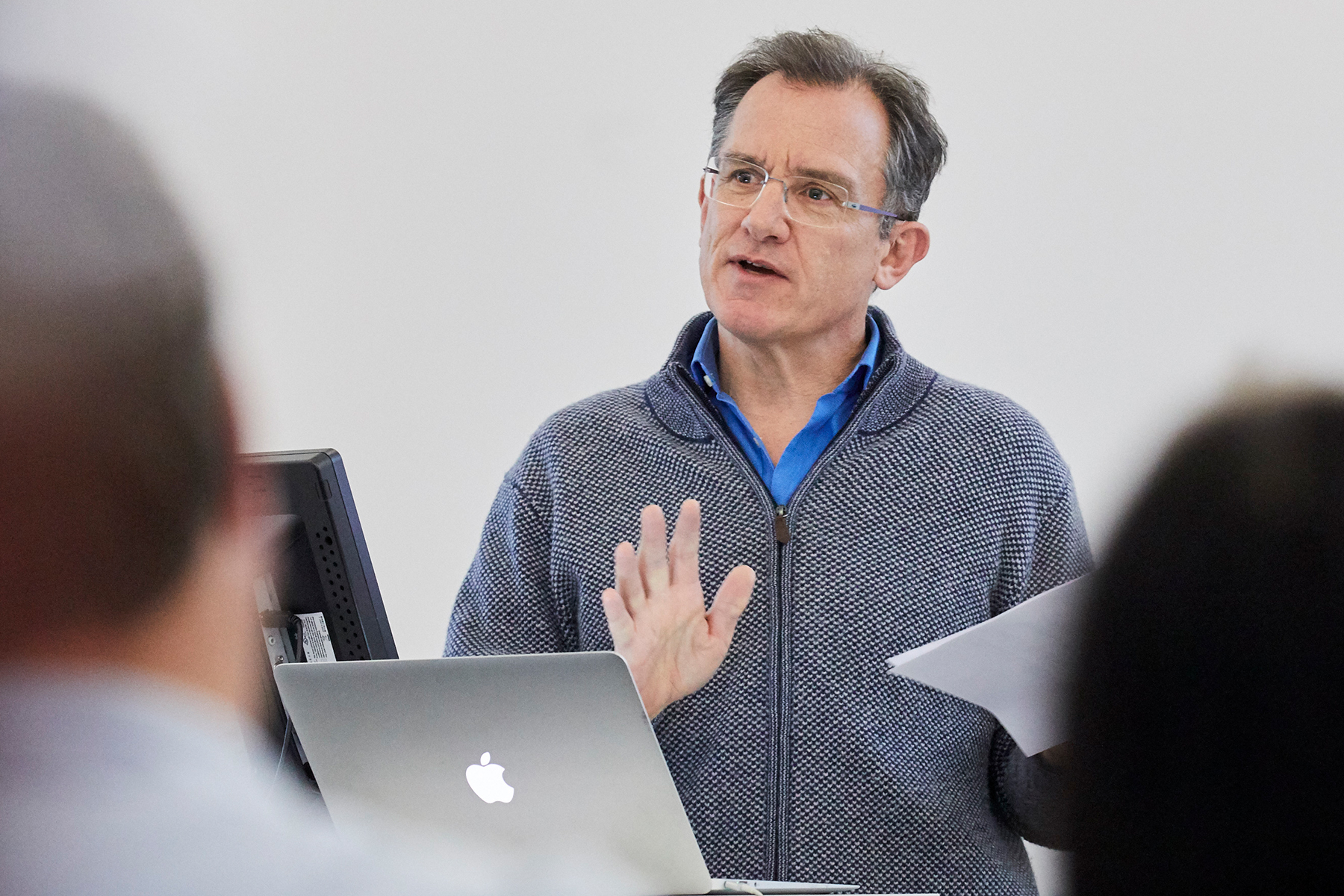
Internationally renowned research about prostate cancer
Mark Rubin himself is a leader in the fields of prostate cancer biology and precision medicine as it applies to all cancers. Why did he get interested in cancer research? “As a practicing surgical pathologist, I became intrigued with the tremendous clinical heterogeneity we would see in men diagnosed with localized prostate cancer”, he explains. “I realized that looking through the microscope could only take us so far.” So he began an adventure into researching what genomic events might help explain our gap in clinical understanding of this common cancer. “Helping define a field and then seeing it grow has been extremely rewarding”, he says.
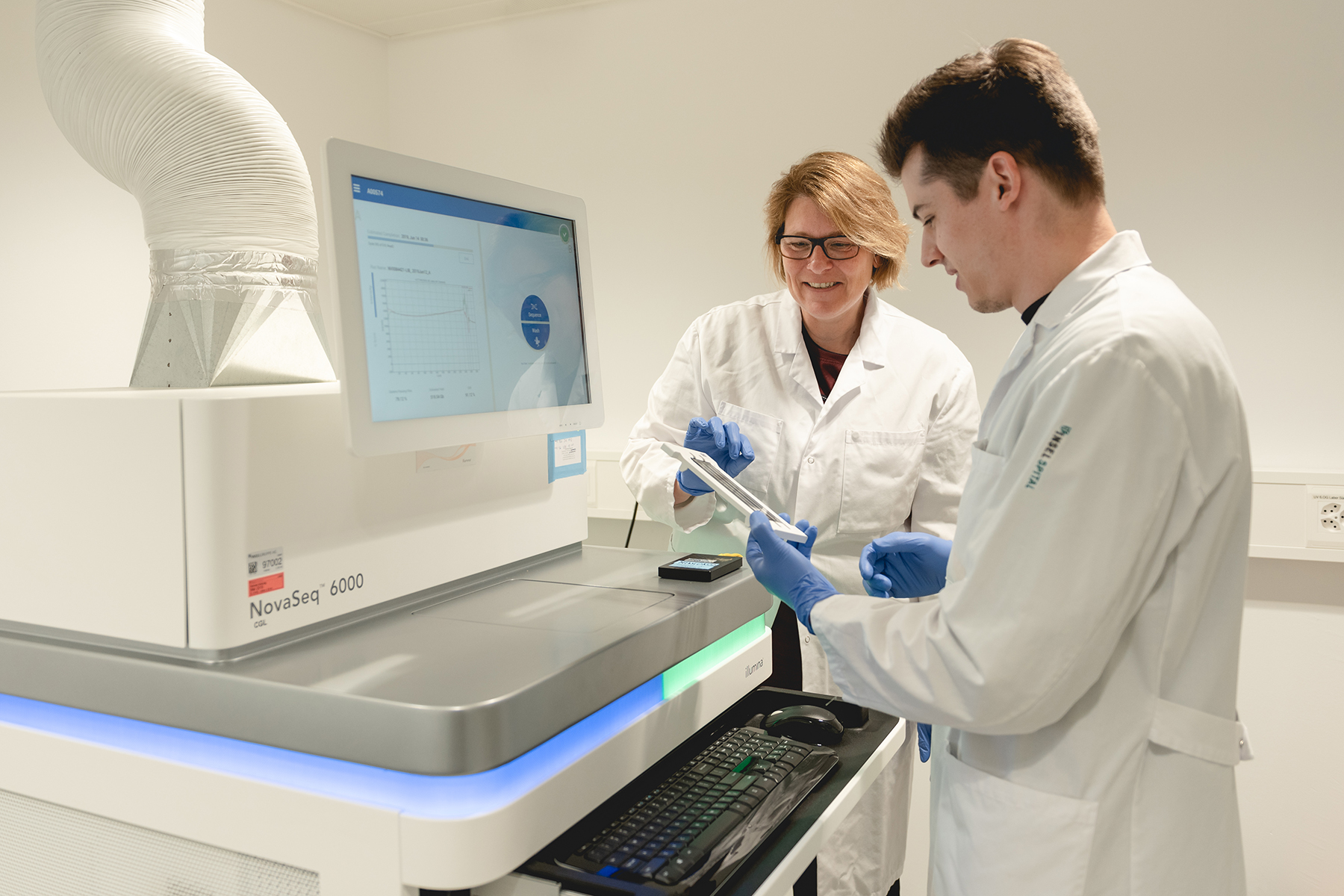
His laboratory focuses on understanding prostate cancer disease progression. Most recently, his group has been trying to understand therapy resistance in the context of lineage plasticity, which implicates epigenetic as well as genomic alterations. “We are now, more than ever, poised to apply genomic and epigenetic discoveries into clinical practice”, he is convinced. “Using Precision Oncology approaches, we should improve management and outcome of men with aggressive prostate cancer.”
Besides research, Mark Rubin, who is US-born, is also passionate about sports and fully enjoys the outdoor life in Switzerland: biking in the mountains, swimming, cross-country skiing, and hiking. To break up the intellectual day, he also likes traveling and going to the movies with family.
In his lecture at the Collegium generale, Mark Rubin will present the next steps of the BCPM into the future, show its relevance for Switzerland, and illustrate why precision medicine is called the medicine of the future.
Event:
Lecture at the Collegium generale on Wednesday 25 September 2019:
"Bern Center for Precision Medicine: Die ersten Schritte in die Zukunft“
Prof. Dr. Mark Rubin, Bern Center for Precision Medicine (BCPM), Universität Bern
Bern Center for Precision Medicine (BCPM)
The BCPM is one of the University of Bern‘s nine strategic centers. It‘s a joint project of the University and Inselspital Bern. It‘s a cooperation platform connecting more than 50 members, among them important precision medicine platforms such as genomics, or the Biobank at the Inselspital. It also engages in education and training, and provides an interdisciplinary network for researchers and clinicians from different departments and faculties.
About the Person
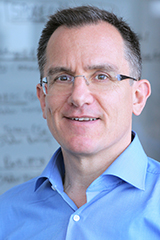
Prof. Mark Rubin is director of the Department for BioMedical Research (DBMR) and director of the Bern Center for Precision Medicine (BCPM).
Contact:
Prof. Dr. Mark Andrew Rubin
Department for BioMedical Research (DBMR)
Tel: +41 31 632 88 65
E-Mail: mark.rubin@dbmr.unibe.ch
About the author
Nathalie Matter is an editor and the "health & medicine" representative at the University of Bern Communication & Marketing Office.